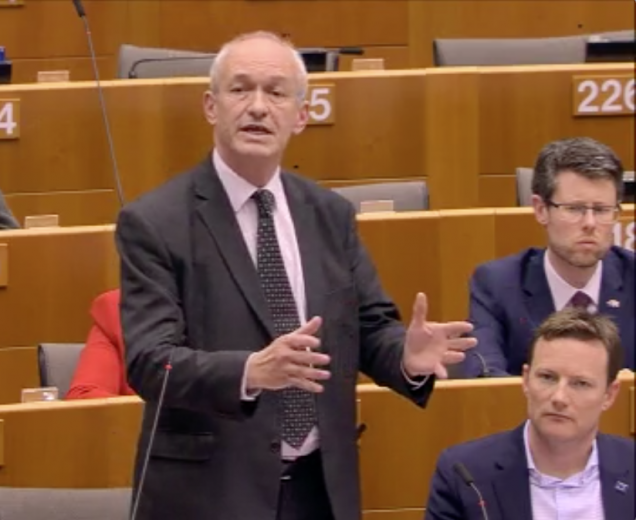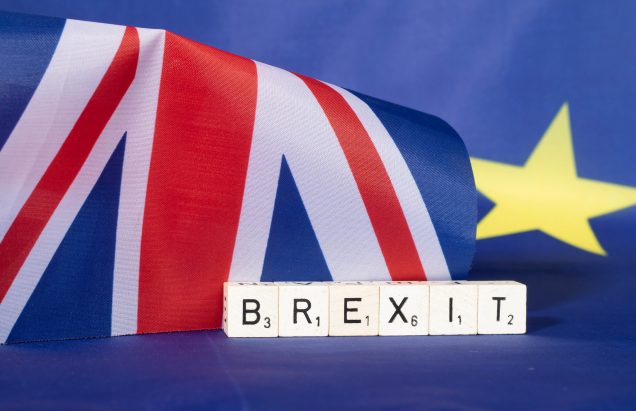A sector that doesn’t raise its voice in public (for fear of annoying ministers) but which is very worried about the consequences of Brexit, is the pharmaceutical industry. This is yet another industry which, behind the scenes, is asking for a “bespoke” agreement for its sector with a “deep and comprehensive” trade agreement and even a pharmaceutical protocol.
The pharmaceutical industry is highly integrated across Europe. It is regulated under jointly agreed EU law, because having separate, divergent, national regulations and testing and enforcement systems would be far less effective – and more expensive. It is vital not just for our health, but for our economy: some €28bn worth of medicine is traded between UK and the rest of the EU every year.
The industry’s European Federation (EFPIA) has summarised the key messages for its member companies and associations to put across in their communications on Brexit. Like so many other industries, they are reluctant to raise their heads above the parapet – but are now starting to show deep frustration at how the government is handling things.
On regulation, the industry wants “maximum alignment” of laws. It wants to “ensure that goods due to be moved between the UK and the EU are not held up either at border checks, in warehouses or manufacturing and/or subject to extensive retesting requirements” as any of this “would lead to a severe disruption of supply chains.” This makes It imperative to avoid regulatory divergence because “any divergence over time…. would also cause further disruption”.
This means, of course, that they want Britain to at least stay in the single market, the system of agreeing and having common rules for products placed on the market.
Similarly, they want Britain to stay in the Unified Patent Court – the integrated system for protecting and enforcing patents across Europe.
They want “continued participation” in EU research programmes, so vital in this field. They even argue for “continued participation” in European Investment Bank and the European Investment Fund.
And they want “an immigration system that facilitates ease of movement for students, researchers and other staff” and retains intra-company transfers.
They also address the issue of the EU technical agencies that Theresa May has said she wants Britain to leave. In the medical field, they point out that that would be a disaster.
Within the European Medicines Agency (EMA), British labs handle one fifth of the centralised procedures for authorising medicines and two-fifths of the decentralised procedures. Tearing the UK and EU system asunder will “significantly disrupt” the system for ensuring the safety and supervision of new medicine, not to mention the economic loss to Britain of losing the EMA.
The European Centre for Disease Control provides EU countries with a joint database on 52 communicable diseases and facilities to coordinate action to prevent epidemics. Why on earth leave such a useful body?
The EU Falsified Medicines Directive coordinates efforts to fight growing problem of fake or imitation black market medicines trafficked into Europe. Again, what is the benefit of leaving?
All these are valid points, but pinning the sector’s hopes on a bespoke agreement that will effectively nullify Brexit for this sector alone is illusory. The only way to lessen the numerous and serious problems that Brexit entails is for Britain to stay in the single market and customs union, and to remain in the technical agencies. And the only way to avoid the problems completely is to stop Brexit.
The pharmaceuticals sector should not go it alone, but join with other sectors that will be negatively affected by Brexit to make common cause.







5 Comments